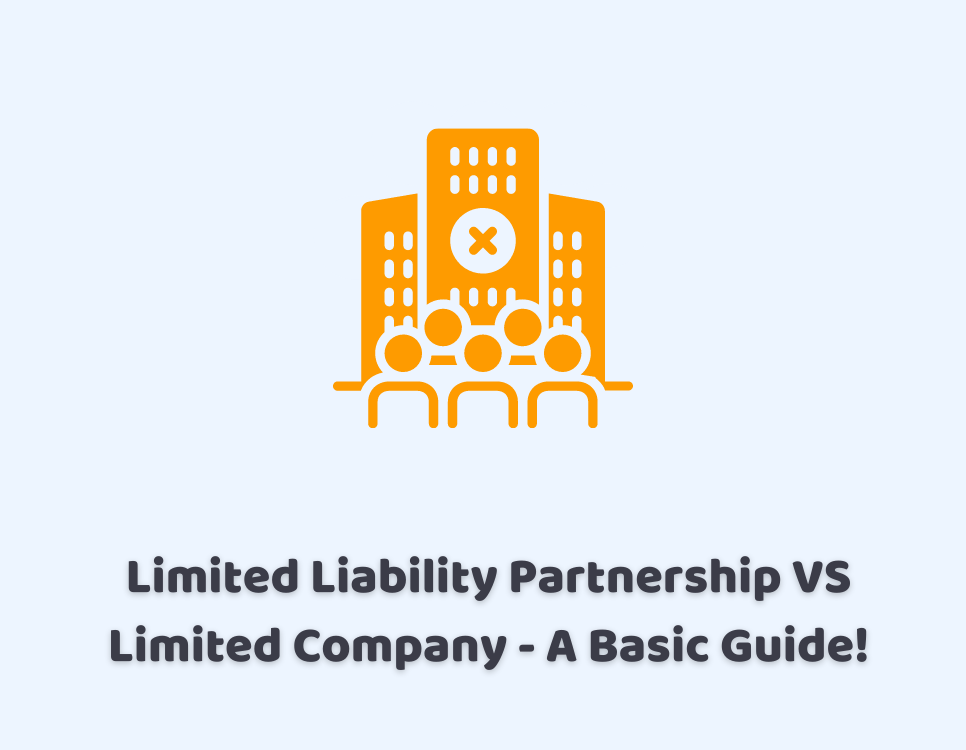
30/04/2021Limited Company , VAT
New rules have been introduced from 6 April 2020 for buying a car through a limited company. If you buy a car through a limited company, you need to pay personal tax on it and your company will pay national insurance. This is done because HMRC believes that you’re using the car for your private use as a benefit in kind that other employees are not eligible for. Let’s dive into the details.
How Much Tax and National Insurance is Payable?
Tax and NI are crucial as their calculation depends on the list price of the car (even if it’s second-hand). These rules are quite difficult, but you can visit HMRC online company Car Tax Calculator or contact us to find out your tax and NICs.
For example, VW Beetle will cost you around £1,326 in personal tax (£2,652 for higher rate taxpayer) £915 in employers’ NIC. (A total of £2,241 or £3,567 as a higher rate taxpayer).
If your company is paying for car fuel, then you need to pay more tax and NIC.
For instance, your company provides you the fuel, an extra amount of £1,542 is payable as a personal tax (£3,085 as a higher rate taxpayer), and an additional £1,064 in the employer’s National Insurance contributions.
As a basic rate taxpayer, you pay a great amount of £4,847 as tax and NIC for car and fuel, and £7,716 if you’re a higher rate taxpayer.
Need an accountant for expert advice, leave your query here!
Here the question arises that why you are using the company’s fund to buy your own car and then be taxed on using your personal car?
Legitimate Ways around Tax and NICs:
- Instead of buying a car through a limited company, buy the car with your own money and pay the company 45p per mile for your business miles (25p over 10,000 miles).
- Go for a commercial vehicle instead of a car. You may ask it from a showroom to know the classification of the vehicle.
- To get rid of employer NIC and tax, make sure that the car purchased by a company is a pool car. It should be for all employees and should not be parked at any individual’s address.
Can you Claim VAT On Car?
You can claim VAT on the commercial vehicle but not on the car.
CruseBurke can reduce your taxes and NICs, contact now!
Saving Corporation Tax:
The corporation tax claim on the purchase is very small. You have the choice to deduct 8% of the cost of the car from your profit and save only 19% of corporation tax. It means on a car that is costing £15K, you can save up to £228 tax.
However, the full cost can be deducted from your profit of the commercial vehicle (after claiming back the VAT). That’s a tax saving of £2,850 on a £15k commercial vehicle (instead of £228 on a car).
Wrapping Up:
It is better to buy a commercial vehicle instead of a car through a limited company. You’d be charged a heavy personal tax and NIC on buying a car through a limited company, but you can’t claim VAT and you’ll save a small amount of corporation tax. On the other hand, if you buy a commercial vehicle through a company, you pay a little personal tax and NIC and can save a great amount of corporation tax and claim the VAT back. Hope this information would be useful if you want to buy a car through a limited company.
For professional support, contact Cruseburke!
Disclaimer: This blog provides general guidance about the topic and shouldn’t be considered expert tax advice. The figures may change with time.



